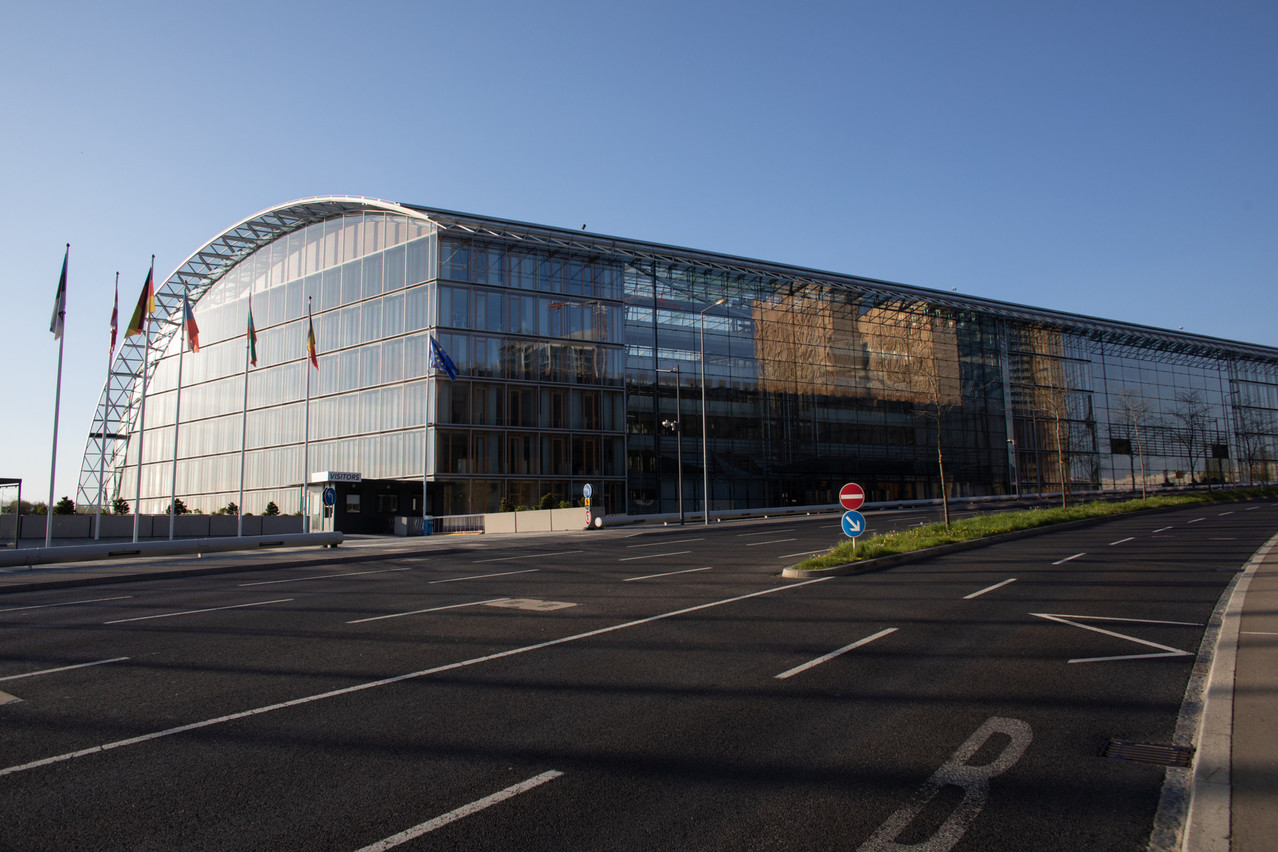“Over the past two years, we have demonstrated that fighting the pandemic, financing the recovery and investing in climate action are complementary objectives. The world cannot be safe without access to healthcare and vaccines and a decisive shift to an economic model based on innovative and climate-friendly solutions. Our record financing volumes in 2021 are a testament to Europe's impressive efforts to roll back the pandemic and promote a green recovery in Europe and elsewhere in the world. By creating a new branch, EIB World, for our activities outside the European Union, we are signalling our strong commitment to supporting the green and digital transitions through Europe’s global partnerships,” said EIB Group president Werner Hoyer, about the bank's 2021 financial year.
The two objectives are complementary: “We need to think beyond European borders to find the right solutions,” he said.
€58.7bn to combat the pandemic
In detail, of the €94.89bn in financing released, €65.38bn came directly from the European Investment Bank (EIB) and €30.5bn from the European Investment Fund (EIF)--the EIB subsidiary created in 1994 and specialised in supporting economic growth in the EU in general and SMEs in particular--in the form of guarantees and equity.
The EIB Group took advantage of the new European guarantee fund, created with 22 Member States to support European businesses in the face of the pandemic, which was endowed with €23.22bn, making it possible to mobilise €174.4bn of additional financing.
SMEs, which were particularly affected, received €45bn in credit in 2021. €58.7bn went to the fight against the pandemic and its economic impact; €27.6bn went to support the green transformation of EU economies, and loans to EU regions under the cohesion objective reached €19.8bn.
Cited as priorities by Hoyer, innovation received €20.70bn, renewable energies €15.38bn, sustainable cities and regions €13.80bn and the health and life sciences sector €5.5bn.
We have never invested in nuclear power and we do not intend to do so.
In 2021, the EIB Group, implementing the Climate Bank Roadmap 2021-2025 approved by the board of directors in November 2020, stepped up its investments in the twin transitions of green and digital. Werner Hoyer intends to continue the transformation of the EIB into a European climate bank in 2022.
The share of investments in climate action and environmental sustainability projects increased from 40% in 2020 to 43% in 2021.
The bulk of climate action lending is currently dedicated to climate change mitigation. With this new roadmap, the EIB will increase the share of its total climate finance devoted to adaptation. In its financing, it will be required to adopt an approach that takes into account the decarbonisation plans of its clients. The aim is to “accelerate the transition to a world with lower or zero greenhouse gas emissions.”
Hoyer said he wanted to give priority to long-term transition projects. This excludes the financing of nuclear energy, which the European taxonomy allows under conditions. “We have never invested in nuclear power and we do not intend to do so,” he said. A sentence that will provoke reactions in the current debate on the inclusion of nuclear and gas in the taxonomy by the European Commission.
Creation of EIB World
Cohesion is a founding mission of the EIB. For 2021, cohesion funding amounted to €19.8bn. Over five years, €90.8bn has been made available for projects supporting cohesion. Cohesion action in the period 2021-2027 will focus on 145 EU regions, including 67 transition regions and 78 less developed regions, the bank said.
The EIB is also active outside Europe: the group has allocated €8.1bn to development finance and partnerships outside the EU. Since 1958, it has invested more than €1.5trn in over 14,400 projects outside the EU.
In 2022, the EIB president announced, activity in developing countries will be boosted by the creation of a new branch, EIB World. “EIB World will bring together all the EIB’s resources for non-EU activities and the expertise it has built up in this area in a clear management structure to make a greater and more focused contribution to team Europe projects and initiatives. EIB World will be assisted and supported by a board advisory group, which will be established in the coming months.”
This story was first published in French by . It has been translated and edited for Delano.

